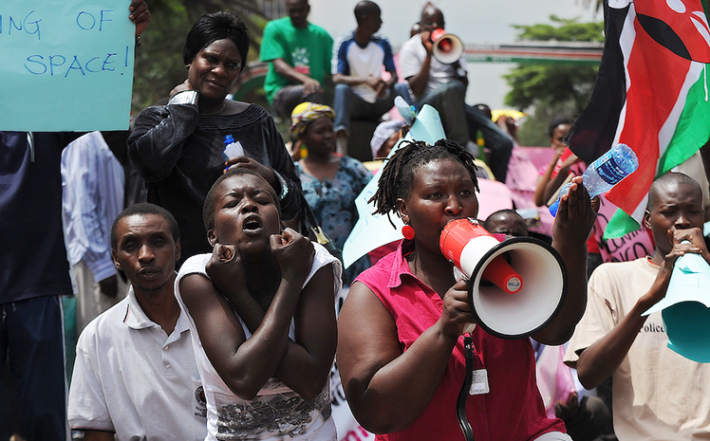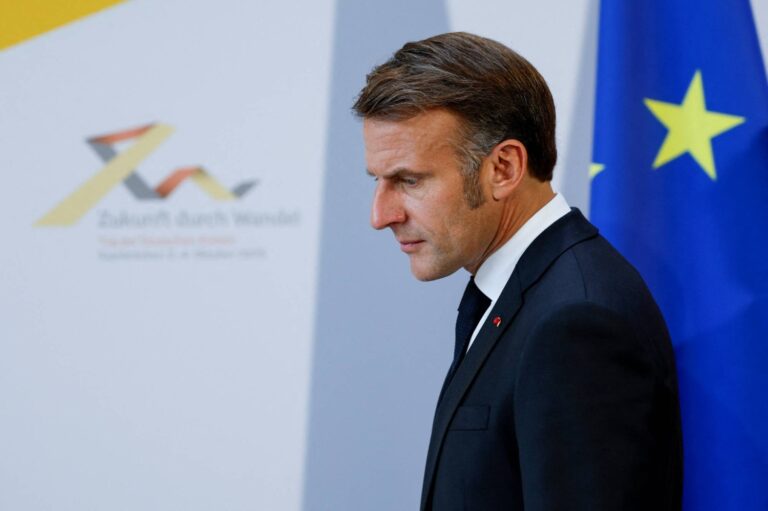
Protests have erupted across Côte d’Ivoire after authorities blocked several prominent opposition leaders from running in the upcoming presidential election. The decision sparked widespread anger in Abidjan and other cities, with many accusing the government of silencing dissent and undermining democracy. Security forces quickly moved in to break up the demonstrations, leading to clashes and multiple injuries.
Opposition parties argue the move denies Ivorians a fair election and violates democratic principles. Supporters flooded the streets, demanding transparency and international attention. They carried placards, chanted slogans, and urged the electoral commission to lift the ban. Leaders of major opposition groups say the decision is politically driven and designed to secure victory for the ruling party.
Witnesses reported that police fired tear gas into crowds and arrested several demonstrators. Local rights groups called the crackdown excessive and warned that it could worsen tensions. Residents believe the protests will continue, with more demonstrations planned in the coming days.
These protests come at a politically sensitive time. President Alassane Ouattara is already under fire for seeking another term after earlier promises not to run again. Critics claim that barring opponents is part of a broader strategy to guarantee his re-election.
The electoral commission defended its decision, stating that the barred candidates failed to meet legal requirements. But opposition leaders argue the rules were applied unfairly. Some disqualified figures hold strong regional support, raising fears of voter exclusion and rigged outcomes.
International observers are watching closely and calling for restraint. Many urge dialogue between the government and opposition. Analysts warn that the unrest could tarnish Côte d’Ivoire’s reputation as a stable democracy in West Africa. The country, a major cocoa exporter, has experienced political crises in the past. Many now worry that renewed instability could follow.
Protesters say their fight goes beyond who can run. They want equal opportunities for all candidates and demand fair election oversight. Many believe that without real competition, the vote will lack both credibility and legitimacy.
Government officials maintain that they are committed to holding free and transparent elections. However, the ongoing unrest highlights deep mistrust between the state and its critics. Tensions remain high in Abidjan, where protesters continue to block roads and public areas, disrupting daily life and business operations.
As the protests grow, Côte d’Ivoire stands at a crossroads. The next few weeks will be critical. Both sides face mounting pressure to reduce tensions and restore public faith in the democratic process. Many fear that if the crisis escalates, the country could slip back into a cycle of unrest that threatens its fragile stability.

